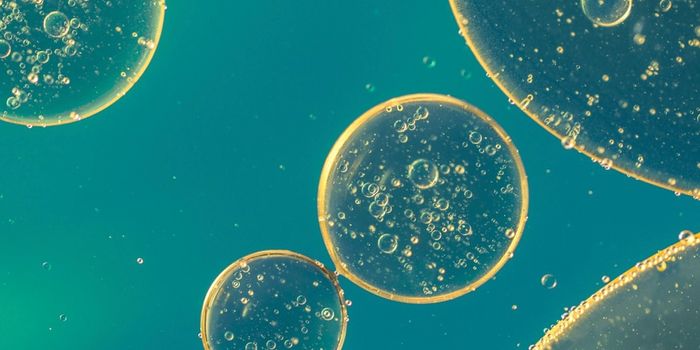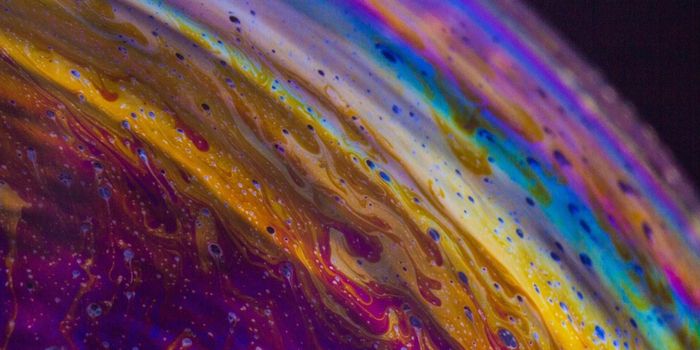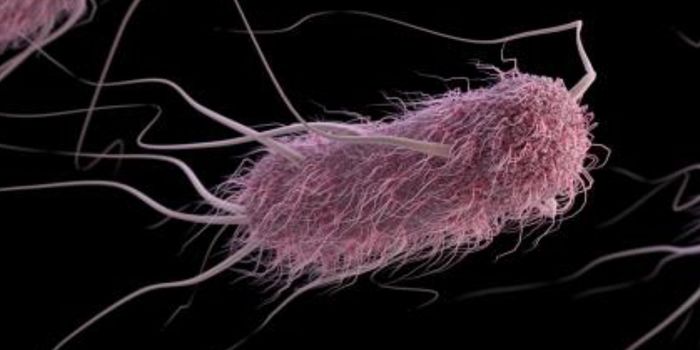Assessing the Impact of Tiny Food Additives on Gut Microbes
Nanoparticles are increasingly used in food; they might act as coloring or antimicrobial agents, nutrients or nutrient delivery systems, among other uses. New research has investigated how engineered nanoparticles, or ones that occur naturally in food, impact the various microbes that live in our gastrointestinal tract. Those microbes have a powerful effect on our health and can be beneficial or harmful. The relationship between humans and the bacteria they host is described in the video. Scientists have now found that ultra-small particles can attach to microbes living in the gut, and affect their life cycle as well as how they interact with their host.
"Prior to our studies, nobody really looked whether and how nano-additives directly influence the gastrointestinal flora," said Professor Roland Stauber of the Department of Otolaryngology, Head, and Neck Surgery at the Mainz University Medical Center. "Hence, we studied ... a wide range of technical nanoparticles with clearly defined properties in order to mimic what happens to currently used or potential future nanosized food additives. By simulating the journey of particles through the different environments of the digestive tract in the laboratory, we found that the all tested nanomaterials were indeed able to bind to bacteria."
The work, which found that nanoparticles inhibit one particular pathogenic microbe, was reported in the Nature Publishing Group journal Science of Food. That bacterium, Heliobacter pylori, has been identified as a cause of gastric cancer and was inhibited by silica particles. This work suggests that certain nanoparticles might have a therapeutic effect in some cases. However, microbes that were attached to nanoparticles weren’t recognized as easily by the immune system, which might increase inflammation in the gut.
Our gut microbes can have an array of effects on many different aspects of our health. "Hence, nutrition and its containing nanoparticulates may affect the microbiome-host balance, finally influencing human health. In order to reduce potential risks and, ideally, promote health, the impact of dietary nanoparticles needs to be understood," noted Professor David J. McClements from the Department of Food Science at the University of Massachusetts in Amherst, USA.
'It was puzzling that we were able to also isolate naturally occurring nanoparticles from food, like beer, which showed similar effects. Nanoparticles in our daily food are not just those added deliberately but can also be generated naturally during preparation. Nanoparticulates are already omnipresent," added Stauber.
The research shows that these natural nanoparticles and their synthetic counterparts should be evaluated to see how they influence gut microbes, and by extension, human health. "The challenge is to identify nanoparticles that fit the desired purpose, perhaps even as probiotic food supplements in the future. Challenge accepted," concluded Stauber.
The podcast featured in the video above from the Harvard T.H. Chan School of Public Health discusses the use of nanoparticles in food.
Sources: AAAS/Eurekalert! Via Johannes Gutenberg University Mainz, Science of Food









